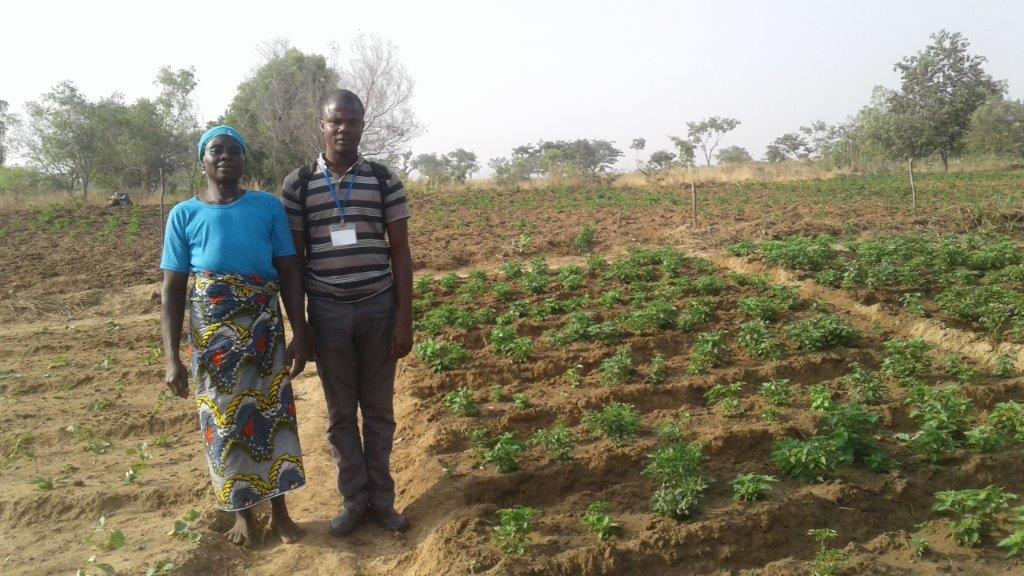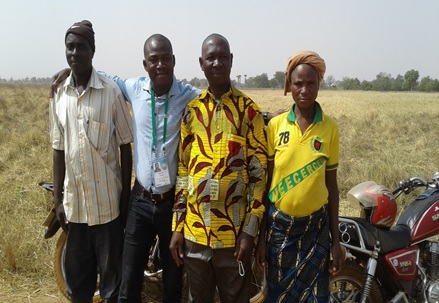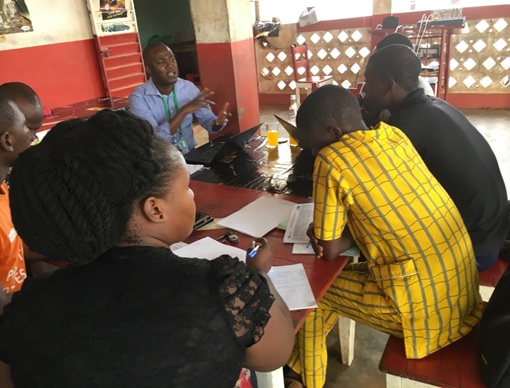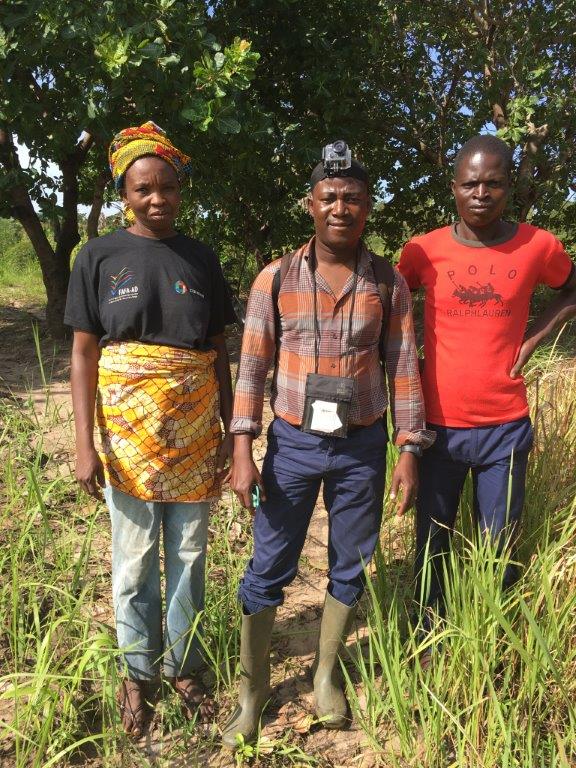Impact of Development Support to MSMEs: BTC Projects in Benin
In July 2016, the Belgian Technical Cooperation in Benin (BTC-Bénin) launched a call for applications from entrepreneurs to a new-agricultural program denominated PROgramme d’appui aux FIlières agricoles (PROFI). This program will run till the end of 2019 and is a continuation of BTC-Bénin’s support to agricultural entrepreneurs involved in the supply chain of vegetables, rice, and cashews in two regions of Benin: the Mono-Couffo (MC) in the South; and the Atacora-Donga (AD) in the North.
From the start of the program, the BeFinD research team collaborated with BTC-Benin, offering a great advantage on a methodological ground. Especially, in the final year of phase 1 of BeFinD-Acropolis we designed a randomized evaluation on the PROFI. Taking into account a number of local considerations we use a phase in approach where the 195 organizations of entrepreneurs are randomly assigned to two groups: treatment and control groups. Furthermore, five entrepreneurs in each of the organizations have been selected for the purpose of the evaluation. During phase 1, entrepreneurs in both groups will receive non-financial support (with priority given to those assigned in the treatment group) and only the treatment group will receive the requested materials and equipment financed by the BTC program. During phase 2, the control group will receive the requested materials and equipment too. To identify the baseline across the treatment and control groups, we designed a very detailed questionnaire including more than 9,000 indicators, similar to standard agricultural modules of the Living Standards Measurement Study – Integrated Surveys on Agriculture (LSMS-ISA), adapted to the local context and targeted crops. In particular, the questionnaire covers a number of key areas allowing to assess treatment effects, but also to understand important dynamics, such as factors hindering agricultural efficiency including access to key markets and the role of family labour in productive activities. Besides, the questionnaire identifies key information at the plot and the agricultural-cycle levels for each of the entrepreneur.
In 2017-2018 we will design questionnaires and collect midline data (at the plots and the agricultural-cycle levels) on the same indicators and across entrepreneurs of both the treatment and the control groups. We will also develop additional survey modules, where needed, after having analysed the baseline data. This framework provides the potential to answer the mentioned policy-relevant questions.
|
|
|
|---|



